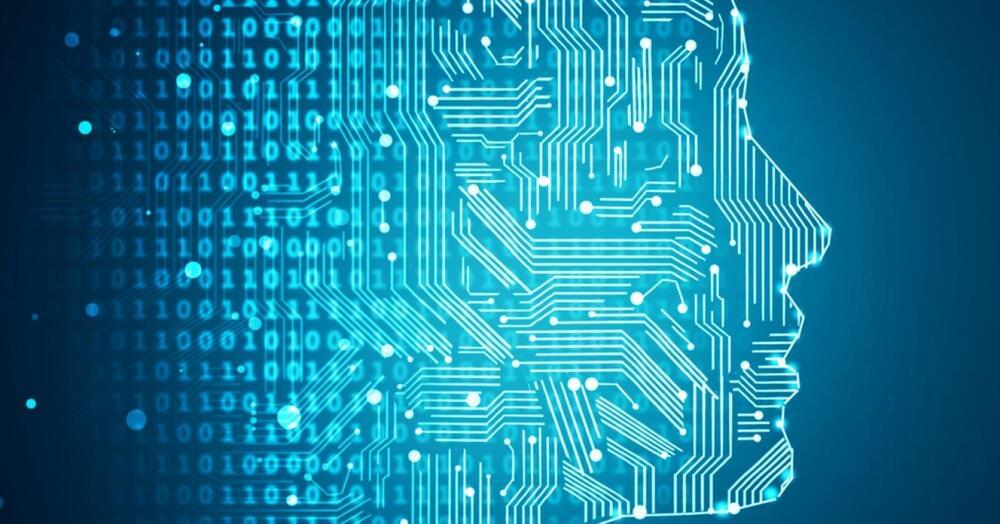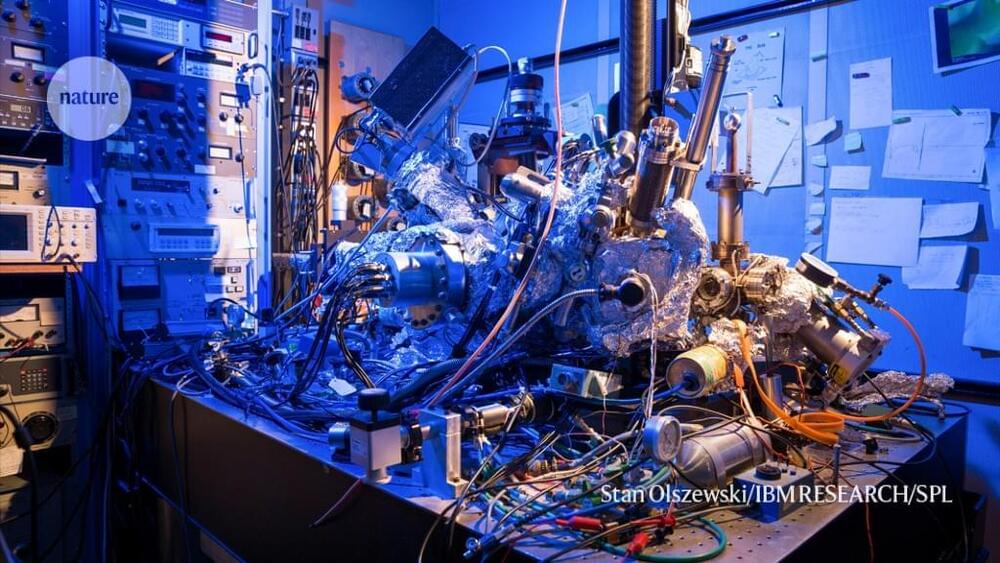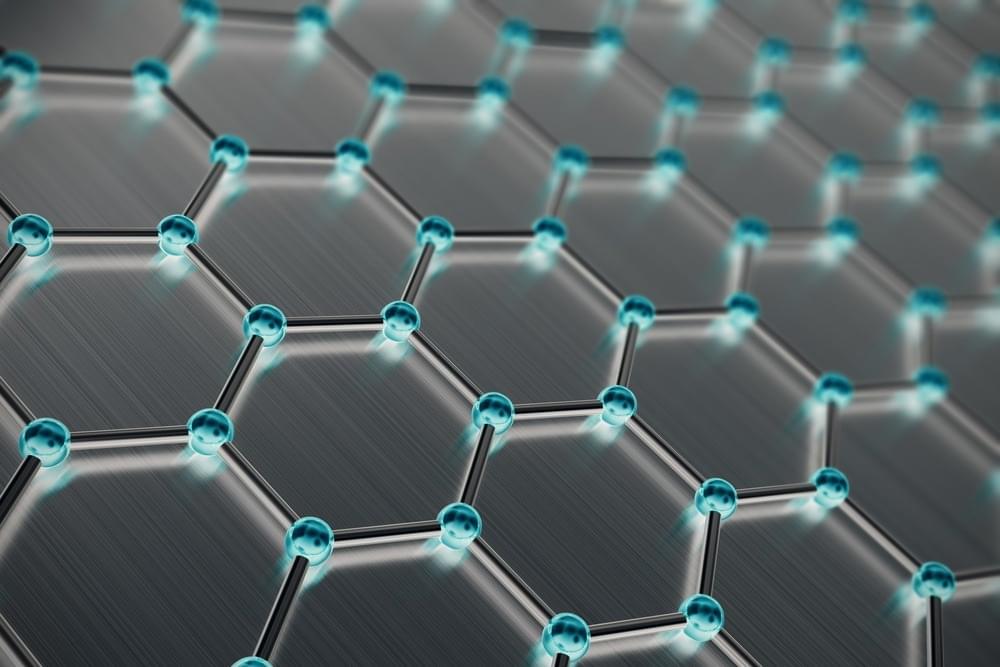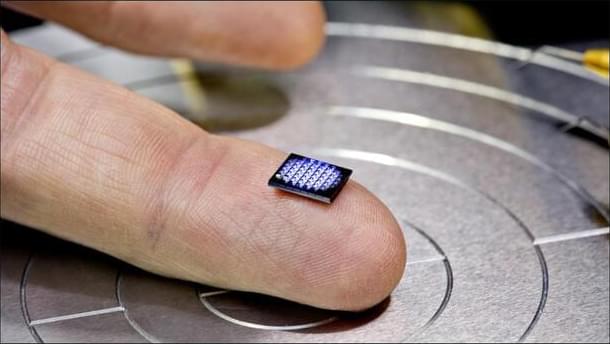Oct 6, 2023
James Webb Telescope Just Announced First Ever Black Hole at the Edge of the Universe
Posted by Dan Breeden in category: cosmology
https://www.youtube.com/watch?app=desktop&v=VYWuX-9j-so
“The Universe Came From a Black Hole” String Theory Founder Reveals James Webb Telescope’s New Image. Deep within dense star clusters, something extraordinary dwells: Stars. But these, are no ordinary stars, but colossal celestial beings, known as supermassive stars. And now, their existence has been unveiled by the piercing gaze of the James Webb Space Telescope.
According to the standard model of cosmology, after the universe came out of the big bang, it took between 500 million to 1 billion years for the first stars to form. That however, is changing.


















